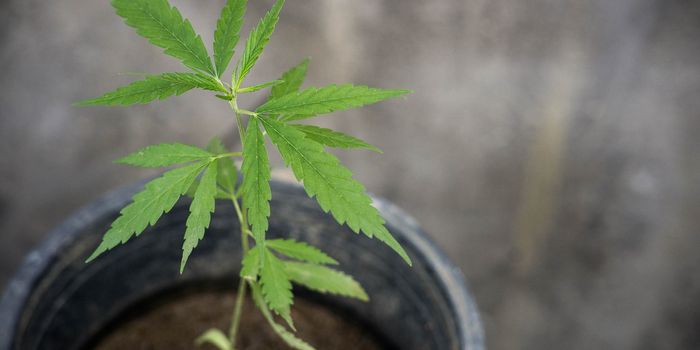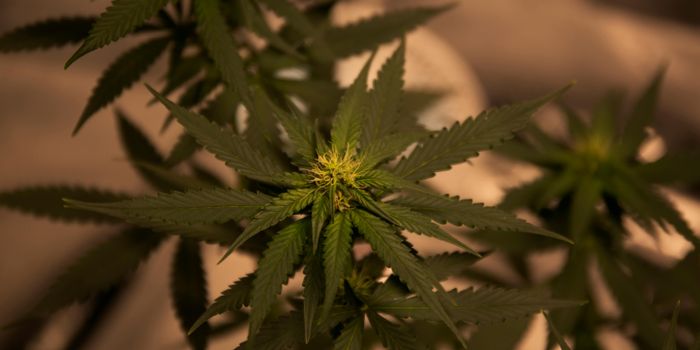Trafficking in the Cannabis Industry
As more states legalize medical and recreational cannabis use, more light is also being shed on worker exploitation and trafficking in the black market. Recent news coverage has highlighted several cases of human trafficking at illegal cannabis farms. Workers are being tricked into work arrangements and then exposed to unsafe and unethical conditions. Other violations include unsanitary housing conditions, not paying workers, and the use of physical threats. A research study highlighted police interactions when investigating cannabis farms in the United Kingdom. This study, published in the Cambridge Journal of Evidence-Based Policing, examined how police identify trafficked victims from those who are suspects under drug law when they investigate potential cases of trafficking at cannabis farms.
The researchers analyzed criminal history data of 19 Vietnamese nationals arrested for cannabis cultivation offenses in Surrey/Sussex. Three cannabis farm cases were examined to identify key information about growers, their nationality and criminal history. Case records and interviews provided insights about the extent to which growers on farms were treated as slaves under the 2015 Modern Slavery Act.
The arrested growers were interviewed to explore their lived experiences of recruitment and labor. Arresting police officers were also interviewed to determine how they approach policing of cannabis cultivation incidents.
The narratives of arrested growers suggested that they experienced trafficking and ‘debt bondage’ treatment. Threats of violence, mental and physical hardships and other negative experiences also provided evidence that they were eligible to be considered modern slavery victims. None had pleaded victimization when arrested.
Police officers demonstrated a range of awareness of possible modern slavery happening at cannabis farms. A common approach was to treat the person as culpable under drug laws instead of considering some other possible conditions under which a person might be working at an illegal cannabis operation.
Research on black market grow operations (usually the ones that rely on trafficking strategies) produce cannabis that often ends up for sale in legal dispensaries. Approximately 70-80% of products sold in legal California dispensaries were grown on illegal farms. There are not enough legal cannabis farms to meet demand in California, so businesses buy black market cannabis to supplement limited legal product inventory in state approved medical and retail dispensaries. Given the demand for cannabis, farmers build a workforce for processing and harvesting that may include workers obtained via trafficking.
The study highlights the need for developing policies that protects workers’ human rights and ensures more effective regulation of state approved cannabis operators and increased quality control for consumers.
Sources: Cambridge Journal of Evidence-Based Policing, NBC News








